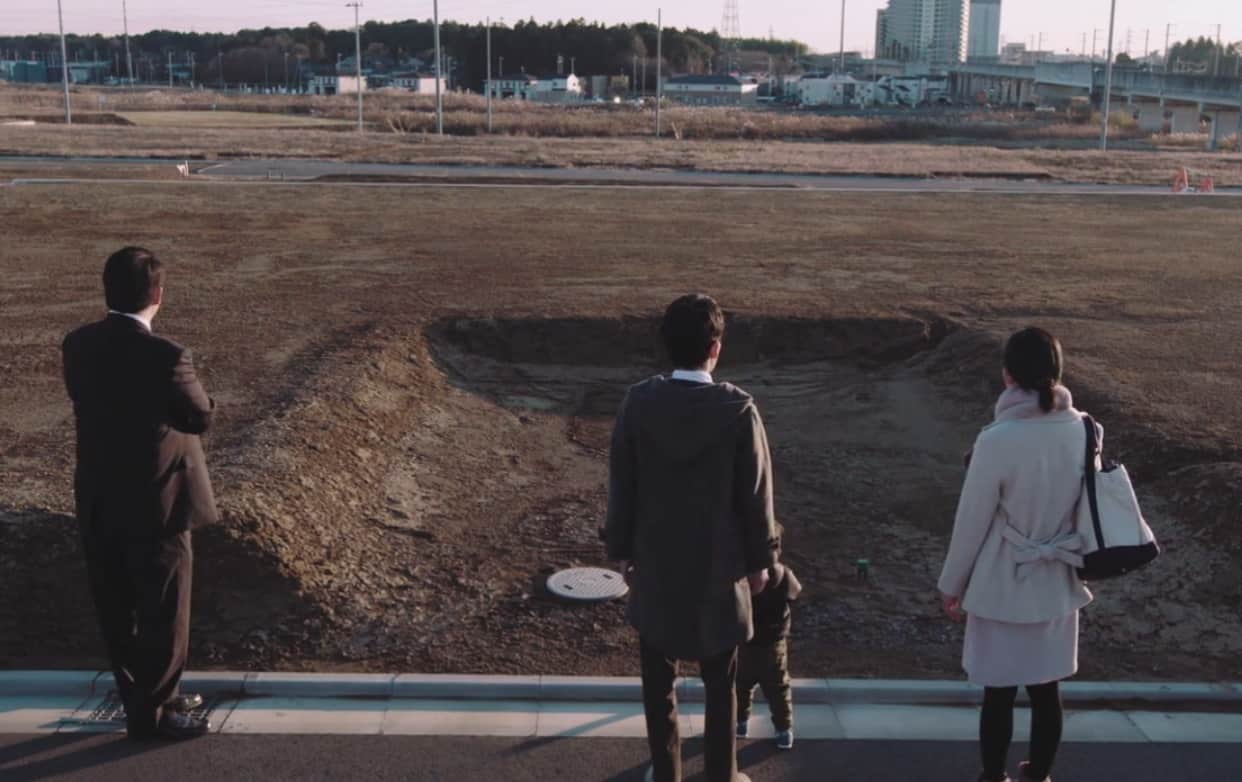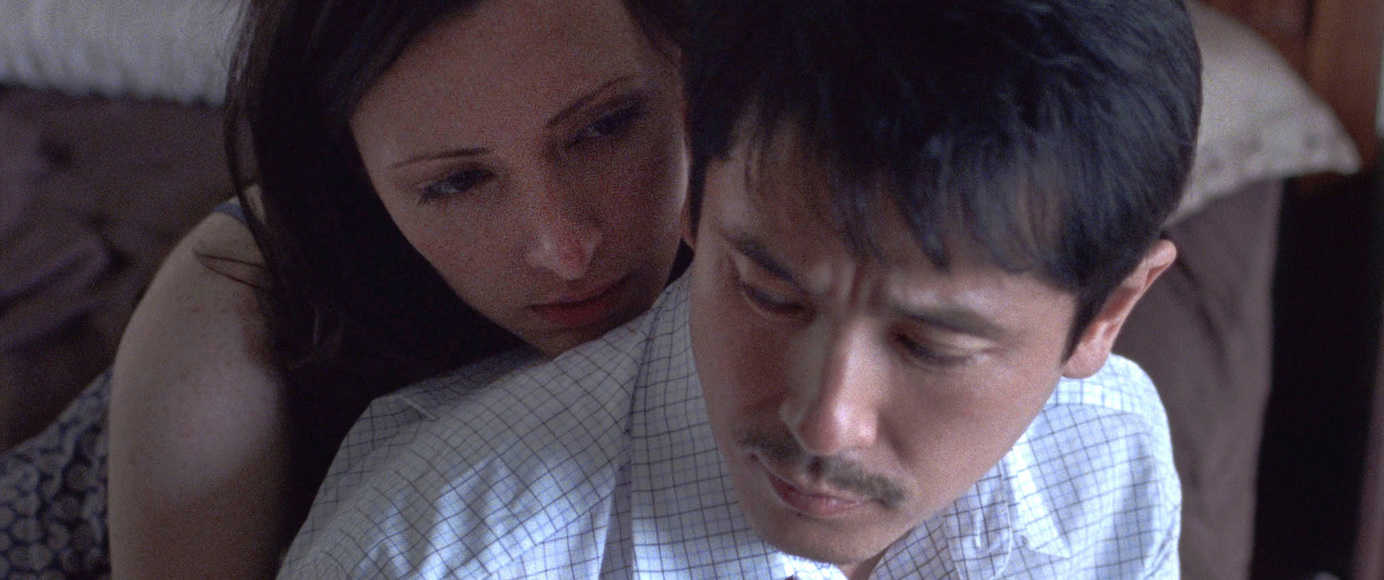Since the beginning of the 90s, when the communist government resigned after the peaceful democratic revolution of 1990, many millions of books were burned throughout Mongolia, under the guise of collecting waste paper for recycling purposes, that netted the people who brought paper and metal a meager sum. During this period, thousands of book collections and libraries were destroyed. The Mongolian people did not realize that they were exchanging their intellectual properties for a bottle of usually homemade alcohol and money hardly sufficient for food. “Remember Me” is set in a village that this practice is just beginning, through the coming of age story of two teenagers, a boy and a girl.
The girl, Murun, works in the local school library while her mother on the public one. The mother, however, is very sick and needs to be transferred to the city for proper treatment in a hospital. The two of them do not have enough money for a move, as the government does not allocate any money to the mother's wages. Meanwhile, the recycling business in town, which is run by a local man and his wife, functions like a mafia, in essence controlling the poor inhabitants by trading whatever material they bring them, for alcohol they manufacture themselves or a bit of money. The boy, Javkaa and his friends also do the same, trying to scavenge whatever parts they find and using the money for candy and cigarettes. At the same time, their first sexual notions start to build up, while the Javkaa soon finds himself in love with Murun. All the while, as even the few resources around the area run out, most of the villagers abandon the place for the city.
Gan-Ochir Enebish directs a film that unfolds through two, interconnecting axes. The first is the coming-of-age one, which Javkaa experiences with his friends and due to the feelings he eventually has for Murun, and her not having the “leisure” to do so, since she and her mother barely make a living. Through this situation, Enebish seems to make a rather pointy comment for the failures of the then previous generation, which left the young people of the 90s a state in shambles, in essence forcing them to grow on their own.

This aspect brings us to the second axis, the sociopolitical one, with Enebish presenting a decaying society, whose members have lost any kind of integrity and self-esteem, as they are willing to sacrifice everything around them, occasionally to make a living, but also occasionally to just have a drink. This decay is mirrored in the way the village is portrayed, with Kh. Ulzibayar' cinematography depicting an almost dystopian setting, through the high contrast and the hues of grey that dominate the images.
In that setting, inevitably, the only beauty can come through young people's hopes and dreams, and Enebish presents this aspect quite eloquently in the scene in the field filled with books, the most beautiful sequence of the film, where the cinematography also finds its apogee.
D. Anar and M. Unurbayar's music communicates both the sense of sadness and hopelessness and that something grave is about to happen excellently, while S. Bat-Ulzil's editing induces the film with a relatively fast pace that also leaves the movie with almost none unnecessary scene.
Both the direction and the production values focus on realism, and the level of success in that regard, is quite high. However, some details are a bit off, like the fact that the two shop clerks in the movie are too good-looking, while the film leaves a sense of a TV-movie, on a number of occasions. On the other hand, it is a true pleasure to watch a Mongolian production that is not leaning on the beauties of the steppe, but instead presents the fact that there was also life in the country outside these settings.
Acting in the latest Mongolian films is usually an issue, but it is a pleasure to see young actors like E. Otgon-Chimeg as Murun and B. Bat-Uugan as Javkaa giving quite convincing performances, in resonance with the film's overall aesthetics.
“Remember Me” has some faults, but the combination of drama and coming-of-age-elements with sociopolitical comments is both interesting and entertaining, and a rather hopeful debut for Enebish.















